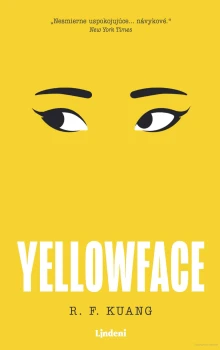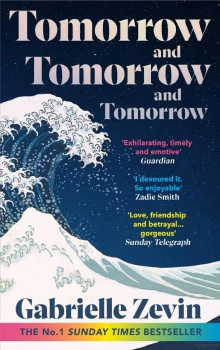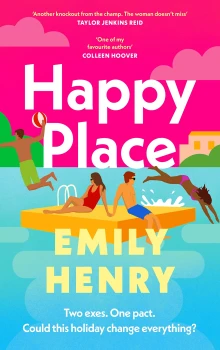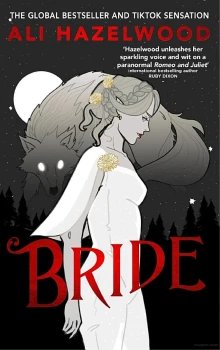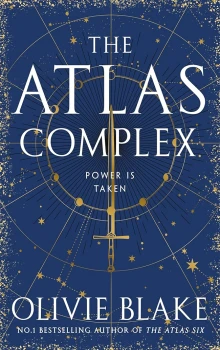I KNOW WHAT YOU’RE THINKING. THIEF. PLAGIARIZER. AND PERHAPS, because all bad things must be racially motivated, Racist.
Hear me out.
I understand that what I did may have been perceived as wrong. I took the unfinished manuscript of my friend, Athena, and completed it under my own name. Some people might think that's a form of plagiarism or even theft. But I would like to offer a different perspective.
I didn't just take the manuscript and pass it off as my own. I rewrote most of it, refining the ideas and sentences to create a cohesive and polished work. It was a collaboration, really – an unusual one, perhaps, but a collaboration nonetheless.
Think of it like Michelangelo stepping in to finish a painting after the initial artist died. Imagine Raphael taking over a sculpture that was left incomplete. I didn't steal from Athena; I helped her bring her vision to life.
Another way to look at it is as a literary experiment. A never-before-seen kind of collaboration between two authors, where their combined talents and styles come together in a unique work. The reader-author relationship is complicated, and this project challenges people to consider the author's role and the notion of ownership.
As for what Athena would have wanted, she was always fascinated by the idea of authorial identity and how it shapes our perception of a work. She would often discuss how James Tiptree Jr. fooled people into thinking she was a man, or how Evelyn Waugh's gender was misinterpreted. She wondered how her own work would be received if she pretended to be a man or a white woman. The text could be the same, but the response would likely be vastly different.
Perhaps this collaboration can be seen as Athena's ultimate literary prank, one that will spark interesting discussions about the relationship between readers and authors for years to come.
I know some people might still think I'm a guilty plagiarist, but the truth is that I felt a weight lifted off my shoulders when I started working on the manuscript. I was excited to see my ideas come to life, and I felt like I'd been given a second chance to pursue my passion for writing.
For the first time in months, I was truly happy about writing again. I felt like I'd been given a fresh start, like I could finally believe in my abilities and create something remarkable. It was exhilarating, like driving a new car or working on a new laptop. I'd absorbed all the directness and verve of Athena's writing, and I felt like a new person – harder, better, faster, and stronger.
So, is taking Athena's manuscript justification enough? Or are you still convinced that I'm a racist thief?
Here's the truth: I felt a sense of justice in completing the manuscript. Athena took from me in her own way, and I took from her to create something new and original. It was a strange kind of reparations, perhaps, but it felt like a necessary step towards creating something truly remarkable.
I know some people might not agree, but that's how I really felt, when it came down to it.
At Yale, I once dated a graduate student in the philosophy department who worked on population ethics. He wrote papers on thought experiments that were so implausible I often thought he should be writing science fiction. His central argument was that we owe nothing to the dead. Especially when the dead are thieves and liars, too.
And fuck it, I'll just say it: taking Athena's manuscript felt like reparations, payback for the things that Athena took from me.
